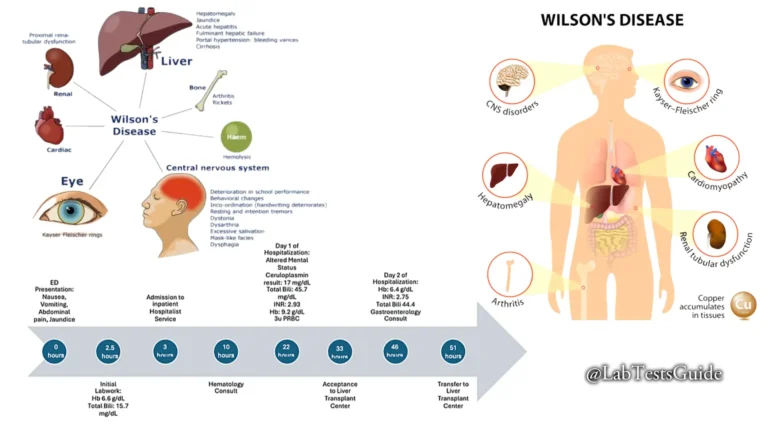How the Ketogenic Diet and β-Hydroxybutyrate Enhance CAR T-Cell Cancer Therapy
Researchers from the Perelman School of Medicine at the University of Pennsylvania and Penn Medicine’s Abramson Cancer Center have identified a promising new strategy to enhance chimeric antigen receptor (CAR) T-cell therapy by leveraging a ketogenic diet and its metabolite, beta-hydroxybutyrate (BHB). Presented at the 66th American Society of Hematology (ASH) Annual Meeting, this innovative approach could offer a cost-effective and low-toxicity method to improve cancer immunotherapy outcomes.

CAR T-Cell Therapy: A Transformative Yet Limited Treatment
CAR T-cell therapy, a groundbreaking immunotherapy, involves reprogramming a patient’s immune cells to target and kill cancer. While it has successfully treated thousands of blood cancer patients, approximately 40% of cases still result in relapse, highlighting the need for enhanced strategies.
“Thousands of patients with blood cancers have been successfully treated with CAR T-cell therapy, but it still doesn’t work for everyone,” explained Shan Liu, Ph.D., a postdoctoral fellow and co-lead author of the study. “We took an outside-the-box approach to improve CAR T-cell therapy, by targeting T cells through diet rather than further genetic engineering.”
Ketogenic Diet Outshines Other Nutritional Strategies
In preclinical studies, the research team compared the effects of various diets—including ketogenic, high-fiber, high-fat, high-protein, and high-cholesterol—on CAR T-cell performance in a mouse model of diffuse large B-cell lymphoma. Mice on a ketogenic diet showed significantly improved tumor control and survival compared to all other diets.
The key to this improvement was BHB, a metabolite produced during ketosis. BHB acts as a superior energy source for CAR T cells, especially in the metabolically challenging tumor microenvironment. Unlike glucose, BHB enhances oxidative phosphorylation, increasing energy production and boosting the cells’ cancer-fighting abilities.
BHB’s Role in Enhancing CAR T-Cell Function
Using isotope tracing, the researchers confirmed that CAR T cells metabolize BHB more efficiently, bypassing glycolysis to fuel the citric acid cycle. This metabolic shift enhances cytokine secretion, energy production, and overall cell functionality. Moreover, BHB also promotes epigenetic changes in CAR T cells, increasing histone acetylation and activating genes linked to immune response and memory.
Laboratory experiments revealed that supplementing CAR T-cell therapy with BHB led to complete cancer remission in the majority of mice. Similar results were observed in human samples: higher BHB levels correlated with better CAR T-cell expansion and functionality in patients undergoing therapy.
Potential Clinical Applications
The findings have moved swiftly from the laboratory to clinical testing. A Phase I trial is currently underway at Penn Medicine’s Abramson Cancer Center, enrolling patients with relapsed or refractory large B-cell lymphoma to evaluate the effects of BHB supplementation alongside CAR T-cell therapy.
“We’re talking about an intervention that is relatively cheap and has low toxicity potential,” said Maayan Levy, Ph.D., a senior author of the study. “If clinical trial data supports our findings, this simple dietary approach could be combined with traditional therapies to significantly enhance anti-cancer effects.”
Next Steps and Cautions
While these results are promising, the researchers emphasize that the study is still in its early stages. No dietary or supplement recommendations will be made until clinical evidence confirms the safety and efficacy of BHB supplementation in humans.
“As a physician and scientist, I share my patients’ excitement for potential new strategies to better treat their cancer,” said Elise Chong, M.D., the trial’s principal investigator. “We are cautiously optimistic and look forward to seeing how these findings translate to patient care.”
If successful, this novel approach could redefine cancer immunotherapy, offering hope to patients who have not responded to existing treatments.
References
- Keto Metabolite Boosts CAR T Cells Against Cancer – Mirage – (Accessed on Dec 09, 2024)
- Keto diet metabolite may power up CAR T cells to kill cancer – Medical Express – (Accessed on Dec 09, 2024)
- Ketogenic Diet and β-Hydroxybutyrate May Enhance CAR T-Cell Therapy Efficacy – Pharmacy – (Accessed on Dec 09, 2024)
- Ketogenic Diet Enhances CAR-T Cancer Therapy – Neuroscience – (Accessed on Dec 09, 2024)
Possible References Used






